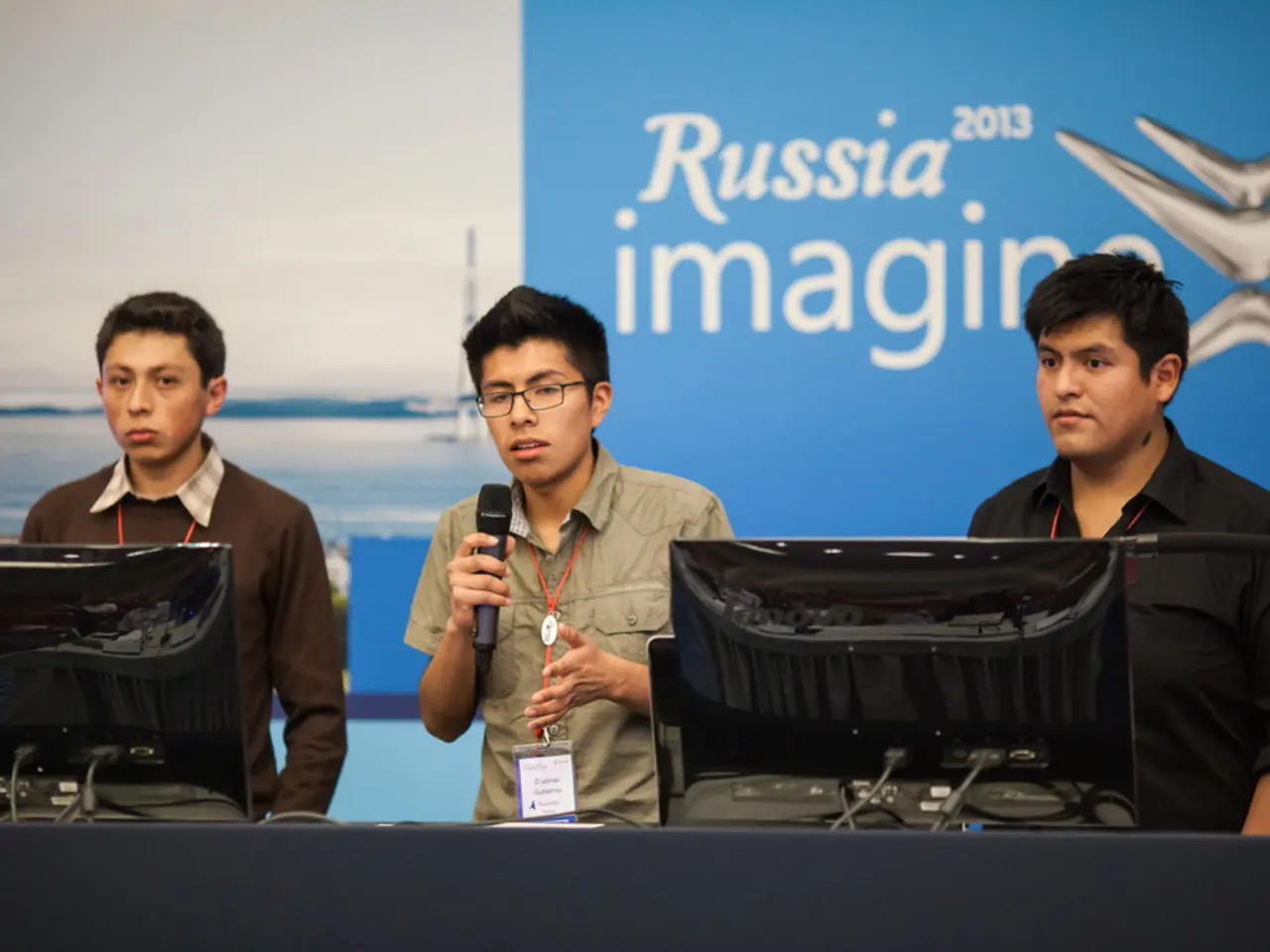Supplies of fuel for bonds are depleting rapidly.
The Russian stock market experienced a symbolic 0.1% increase last week, closing at 2899 points, as trading volumes remained low with only 35 billion rubles traded in the main session on Thursday. The MOEX Index did not break out of the 2850-2950 point range last week.
Meanwhile, the bond market has been facing turbulence. The sell-off in government debt was primarily due to investors pricing in expectations of a key rate cut, awaiting geopolitical signals, and banks losing interest in holding long-term issues. As a result, bonds with maturities of 4.5-6.5 years are suffering the most significant losses, with yields exceeding 14% per annum. In contrast, Ministry of Finance bond issues with maturities of 1-3.5 years can now be bought at a yield of just above 13.5%.
Analysts believe that geopolitical news, the results of Putin's visit to China, or inflation data could push the market out of its current range at the beginning of September. The Russian President Vladimir Putin is expected to visit China next week, and the visit could potentially lead to progress in negotiations over the 'Power of Siberia 2' gas pipeline, according to Sergei Kauhman, analyst at FG 'Finam'.
Vladimir Chernov, analyst at Freedom Finance Global, noted that Gazprom, Rosneft, and Novatek could benefit from Putin's visit to China. Other oil and gas projects that could interest Chinese partners include 'Vostok Oil' by Rosneft or Novatek's LNG projects. The visit focuses on strengthening trade ties and energy cooperation, possibly involving expanding gas pipeline deals like "Power of Siberia" and deepening military-technical collaboration as part of broader agreements fostering a new anti-Western world order.
Alexey Antonov, head of bond market analysis at FG "Finam", noted that the papers are still overbought. He also suggested that the Bank of Russia may raise the "key rate" by only 1 p.p., not 2 p.p., due to the recent rise in motor fuel prices. However, Alexey Antonov currently does not recommend making new purchases of OFZs for investment purposes.
The rise in consumer prices by 0.02% from August 19 to 25 was followed by a 0.6% increase in gasoline prices and a 0.1% increase in diesel prices. This increase in fuel prices has contributed to the rise in consumer inflation expectations in August to 13.5% from 13.0%. The spread between the current key rate and the yield curve of OFZs has reached close to its historical maximum.
Albert Koroyev, head of equity analysts at BCS World of Investments, explained the market stagnation as due to lack of significant geopolitical news and seasonal factors. The meeting between the leaders of Russia and the US in Alaska did not result in concrete progress on resolving the conflict or lifting sanctions.
In conclusion, the Russian stock and bond markets are currently experiencing turbulence, with the bond market showing the most significant losses. The upcoming visit of Putin to China could potentially bring progress in negotiations over energy projects and strengthen trade ties, benefiting Russian energy exporters. However, geopolitical news and inflation data could significantly impact the market at the beginning of September.







